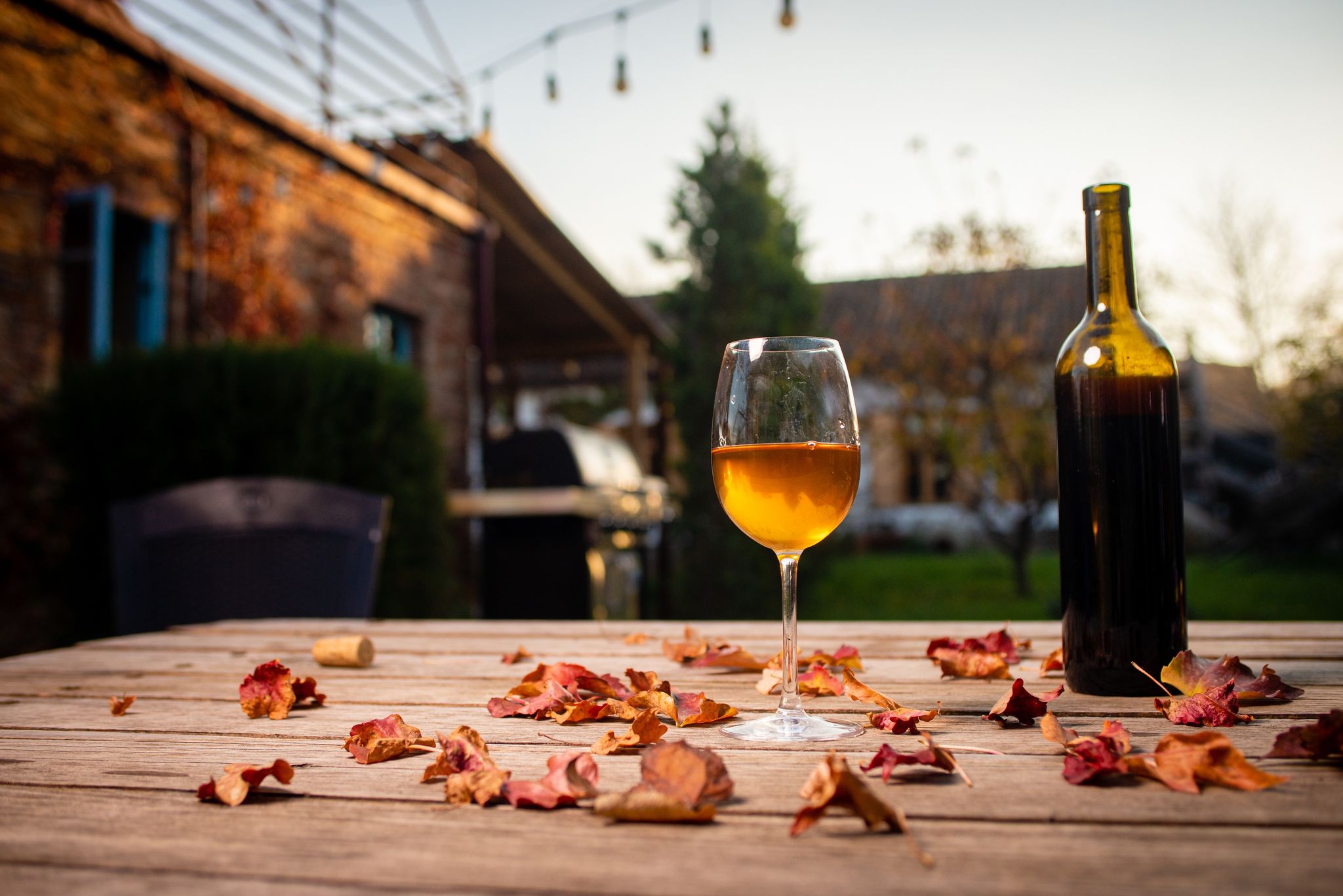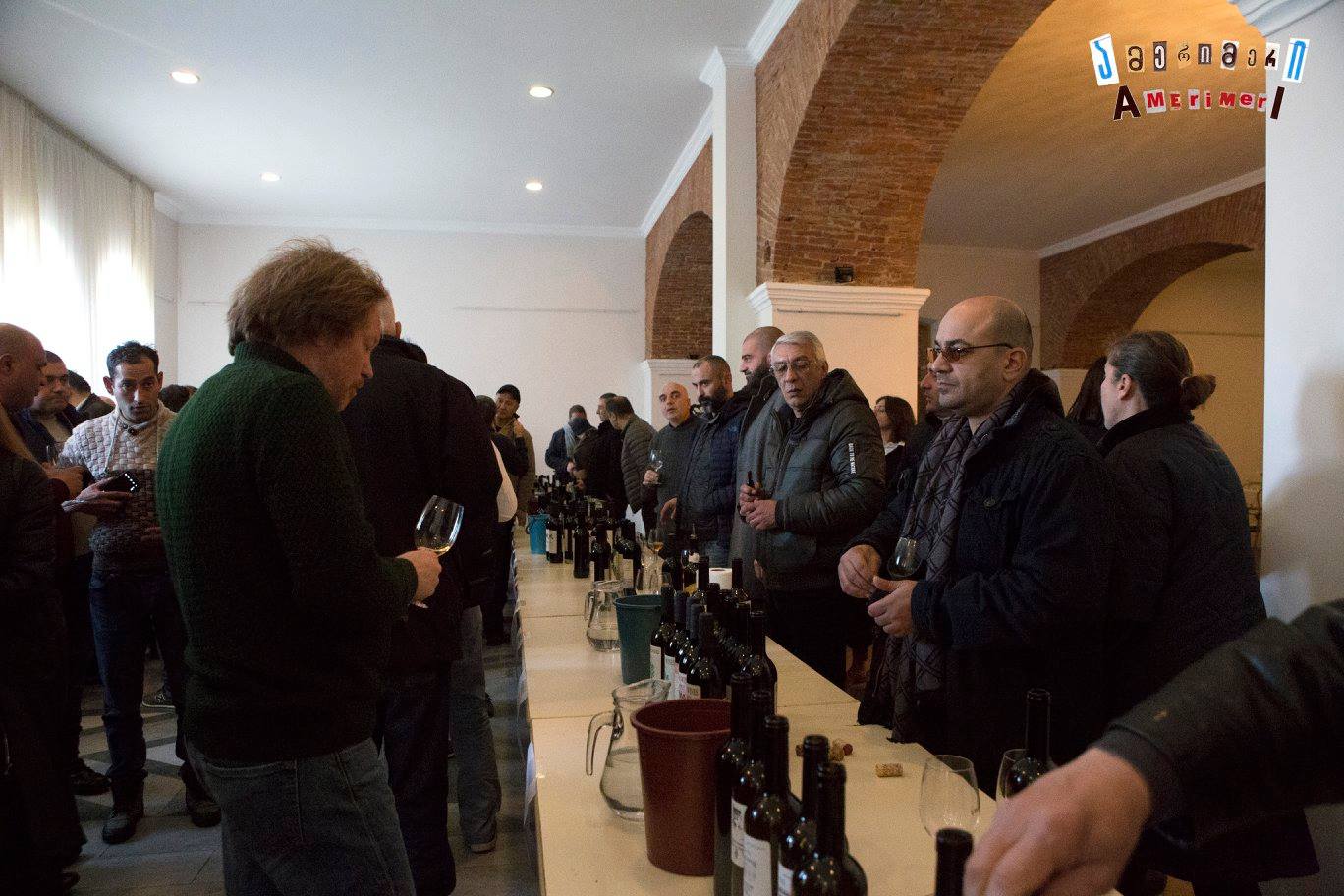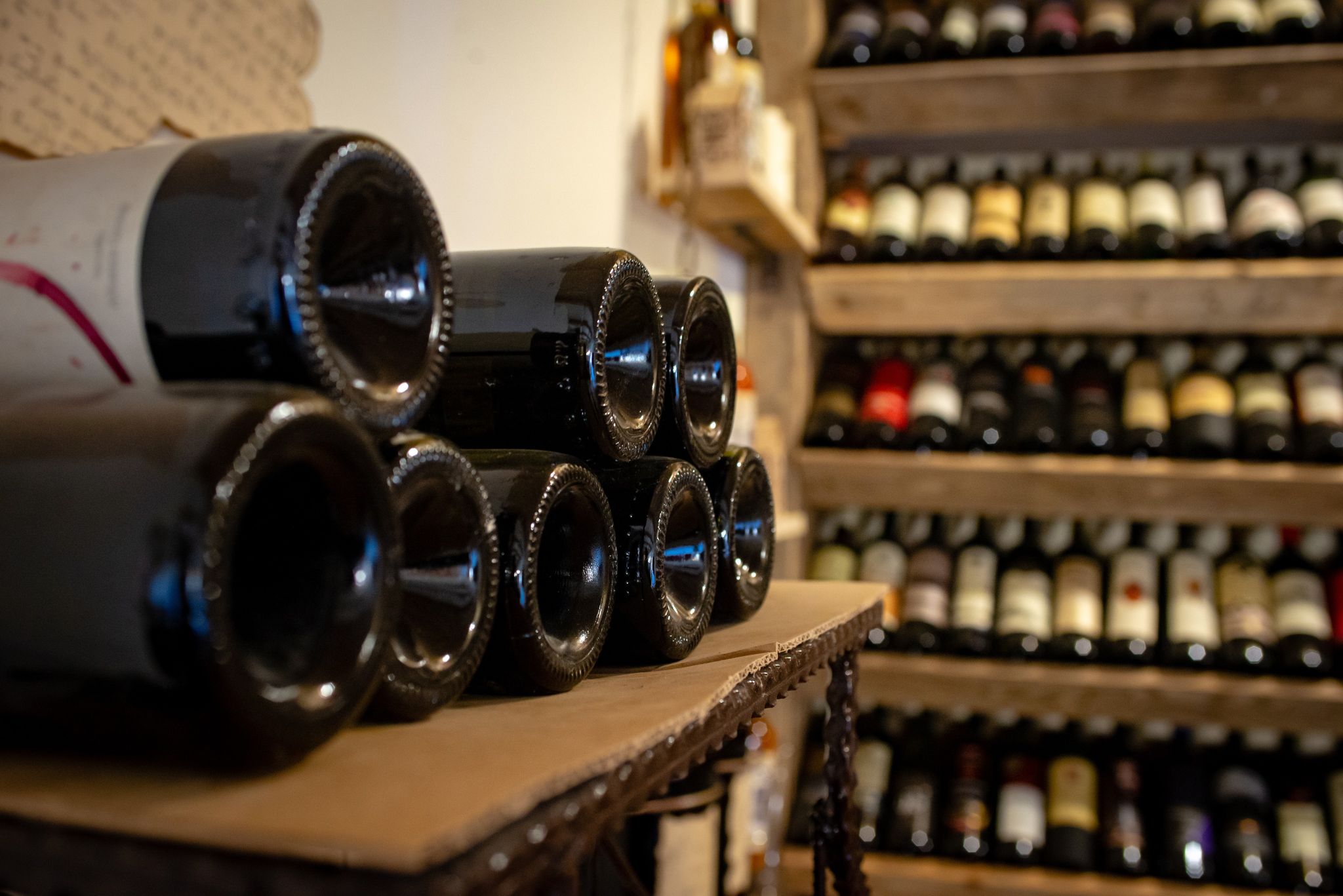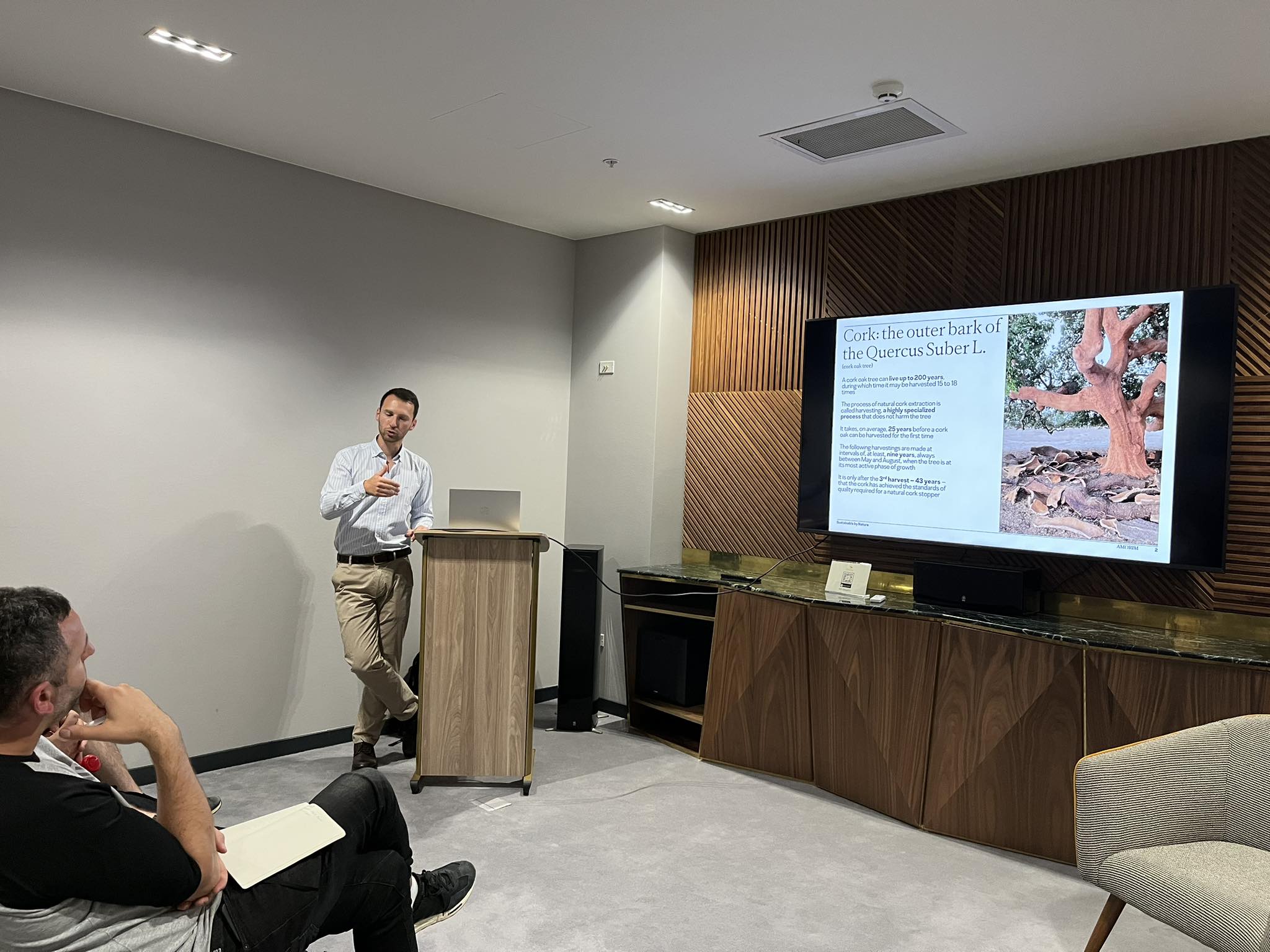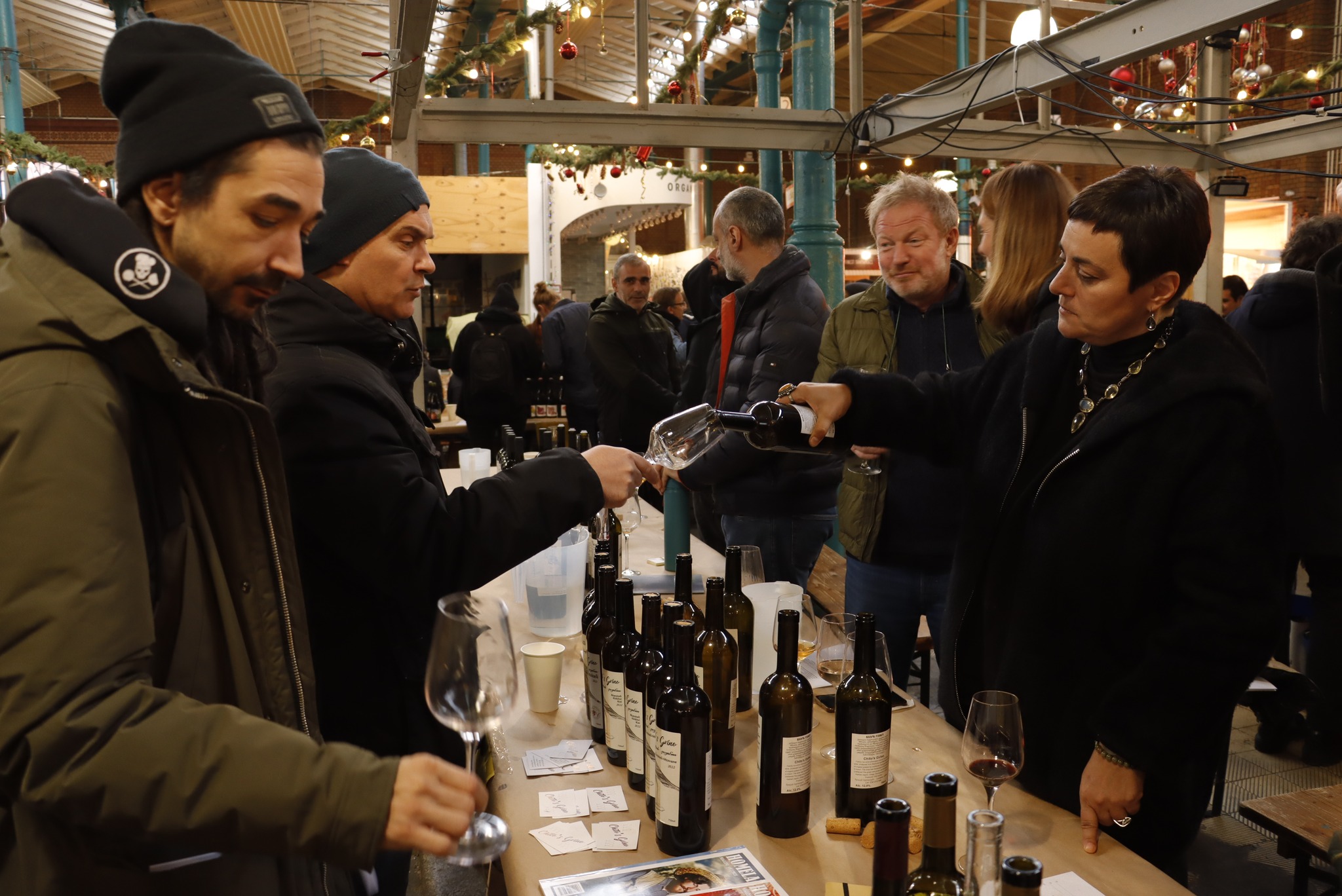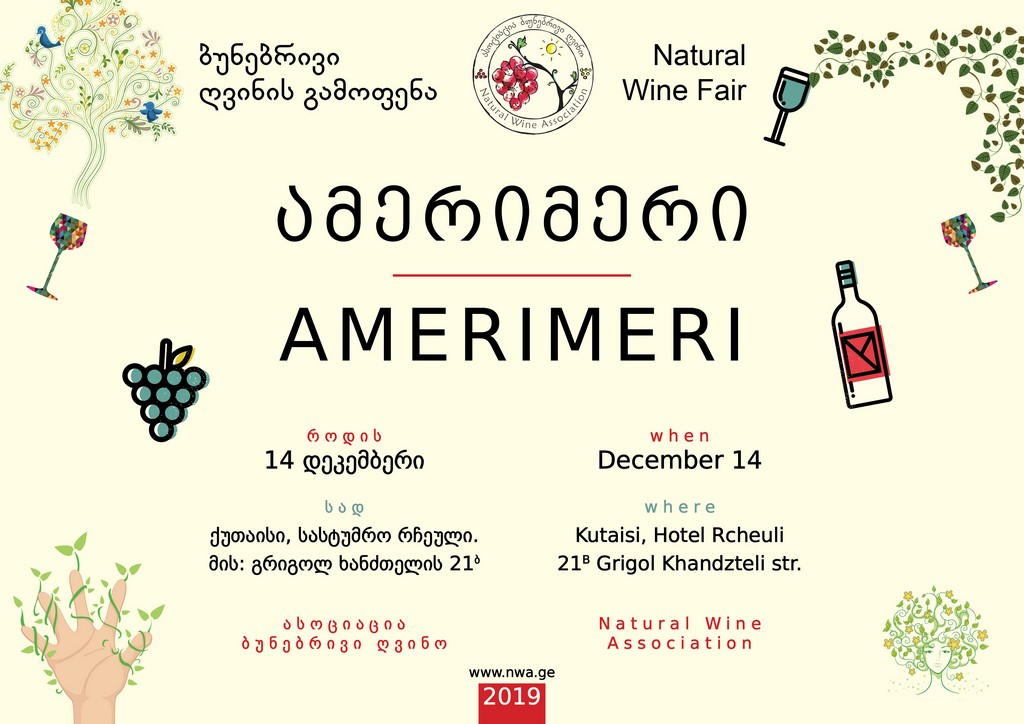News . 20-07-2023
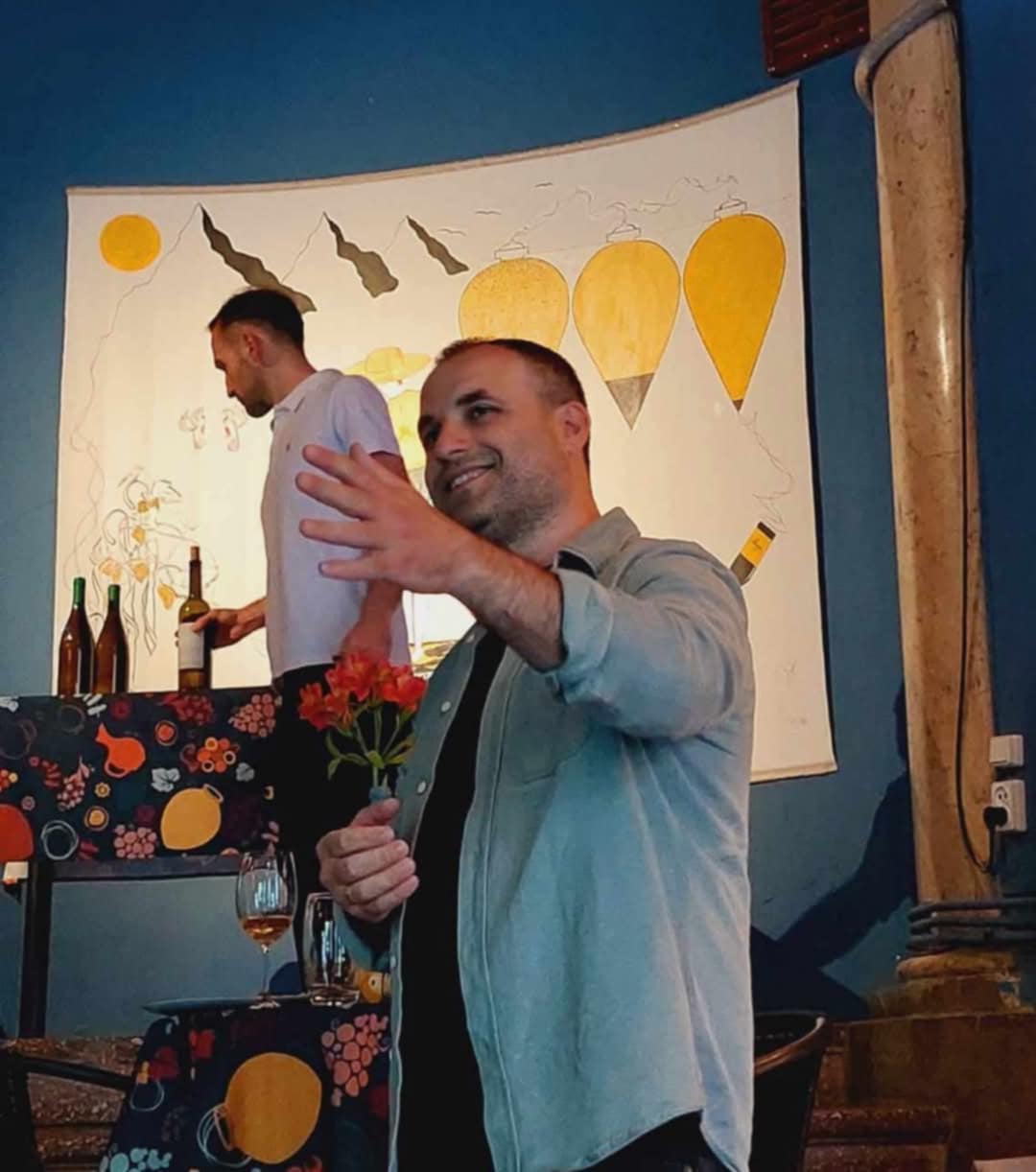
Imereti Wine and Kutaisi
Lasha Guruli’s Blog
[Enkeni]
Imereti wine – a term that is increasingly heard both in Eastern Georgia and beyond, where Georgian wine is celebrated. This growing recognition is due to one main reason: in recent years, small family wineries have actively begun bottling Imereti wine, revealing its authenticity and unique character.
When we talk about Imereti wine, we refer to the entire Imereti region—with its established winemaking zones and emerging terroirs. We’re talking about places like Baghdati, Zestaponi, Terjola, Kharagauli, and Vani. However, no matter how much we focus on these municipal centers, we must also consider the villages, vineyards, specific wineries, and grape varieties that truly define the area. Beyond all of that, the key question remains: how are the promotion, consumption, display, and sale of bottled Imereti wine being managed in Kutaisi—the economic and cultural hub of the region that attracts every tourist?
Historically, Kutaisi was renowned for its wine cellars and shops where Imereti wine was readily available for tasting. Buyers who visited these establishments had clear expectations regarding the quality and assortment of Imereti wine. In fact, there was even a precedent for bottling Imeretian wine before Sovietization; later, several factories in Imereti also began bottling wine. In short, Kutaisi has long followed the evolving winemaking traditions and market challenges of the country and the region.
Today, however, the situation in Kutaisi is less favorable. Industry veterans recall that a similar scenario existed in Tbilisi before 2010 — when only industrial wine, often of poor quality, dominated store shelves while bottled wine from small wineries was virtually absent. Moreover, during larger events it was nearly impossible to find wine tasting glasses or corkscrews. It appears that Kutaisi is now heading down a similar path. But what does the future hold? The first Imeretian wine bars—“Satsnakheli” and “Sapere”—opened in 2017. Wine tastings began at “Sapere,” where winemakers presented their own wines. From that point on, collaborations between Imeretian winemakers and Kutaisi wine bars gained momentum. >
In 2019, several wine enthusiasts founded the Imeretian Wine Club “Tsolikouri.” Their inaugural wine tasting took place at the “Solomon” restaurant that winter, presenting wines such as Marani “Enkeni,” Marani “Persvi” from the Minadzes, and selections by Davit Leladze. This event marked the beginning of the series of tastings and events organized (or co-organized) by Club “Tsolikouri” in Kutaisi. Unfortunately, soon after, the coronavirus pandemic began. Despite the pandemic, lectures from the Georgian Wine Club project “Wine Village” were held at the wine bar “Sapere,” and a cycle of tastings—often featuring lively debates (e.g., “whose tsitska/tsolikouri is better”)—continued until the pandemic peaked and everything was shut down.
In January 2022, during one of these critical periods, a tasting of “Enkeni” wines was organized at the newly opened bar-restaurant “Lilestan.” Over the following two years, Club “Tsolikouri” and “Lilestan” have held more than 20 tastings, showcasing wines from about 40 winemakers—mostly from small Imeretian wineries—to an enthusiastic public. A turning point came in December 2023 with the establishment of the Western Wine Festival “Extraordinary Exhibition” by the club, which has since become an annual event. This period also saw two winemaking courses organized by the Georgian Sommeliers Association in Kutaisi, which brought together many interesting figures in the industry. Additionally, the Imeretian Wine Competition—established by the Imeretian Wine Association—has become an annual challenge for local wineries, as foreign judges evaluate the wines and announce the gold and silver medal winners each year.
It is also worth mentioning the annual Imeretian Wine Competition/Festival “Okonoba,” established in Zeda Sazano, Terjola Municipality, which takes place in May. Here, numerous wines from Imeretian wine cellars are presented and evaluated by specially invited jury members. Furthermore, the wine shop/bar “Winetage” plays a significant role in popularizing Imereti wines among international consumers by offering a wide selection of both Imereti wines and wines from other regions and styles.
Despite many years of effort and determination, a true wine culture in Imereti—and particularly in Kutaisi—has yet to fully emerge. Discussions about Imeretian bottled wine continually return to one point: its true character is best expressed by wines produced in small family wineries. The slow development in this area is largely due to one key reason: in the fall, a positive trend becomes evident in Georgia, as many families try to buy grapes and make their own wine. Despite challenging conditions, limited experience, and differences in grape varietals, they still store their wines in cellars, garages, apartment buildings, and family hotels. In winter, quality wines can be enjoyed en masse; however, the real test comes in the summer—how well the wine withstands the heat, something many wines fail to do.
This situation also reveals one of the less admirable traits among some Georgians: a belief that their own wine is superior to all others—either because they do not recognize its shortcomings or because they are unwilling to admit them. As a result, as long as homeowners have access to their own wine, they rarely buy a bottle made from the same grape variety from the counter—even when it is offered at cellar prices. Therefore, the bars and restaurants of Kutaisi remain the hope for incoming tourists. Fortunately, tourists today are better informed about wine and show a keen interest in local varietals. However, it must be noted that only specialized bars and shops currently offer and introduce local wines to them.
Since August 2024, another facility has added to Kutaisi’s appeal—a place where one can purchase both natural wine and local rural products. This is the agro-restaurant/wine bar "Skhveni" on Tsereteli Avenue. The “Skhveni” venue presents about 20 Imeretian wines, as well as wines from other regions. Once a month, a joint tasting featuring eight wines from two wineries is organized. The appearance of several new faces among the guests at these tastings is already an encouraging sign.
We understand that it can be challenging for society to get used to drinking wine by the glass when restaurants on the outskirts still serve large quantities of bottled wine in various glasses. The good news is that adulterated, sugar-sweetened wine is now rarely encountered in the city. In this regard, wine lovers have become more discerning. This trend gives hope that local consumers will increasingly seek out bottled Imeretian wines, share them among themselves, and even use them to impress foreign guests with the wine of their region. Fortunately, all of Imereti's wine-growing zones boast a sufficient number of small wineries producing quality wines that are definitely worth buying and tasting.
